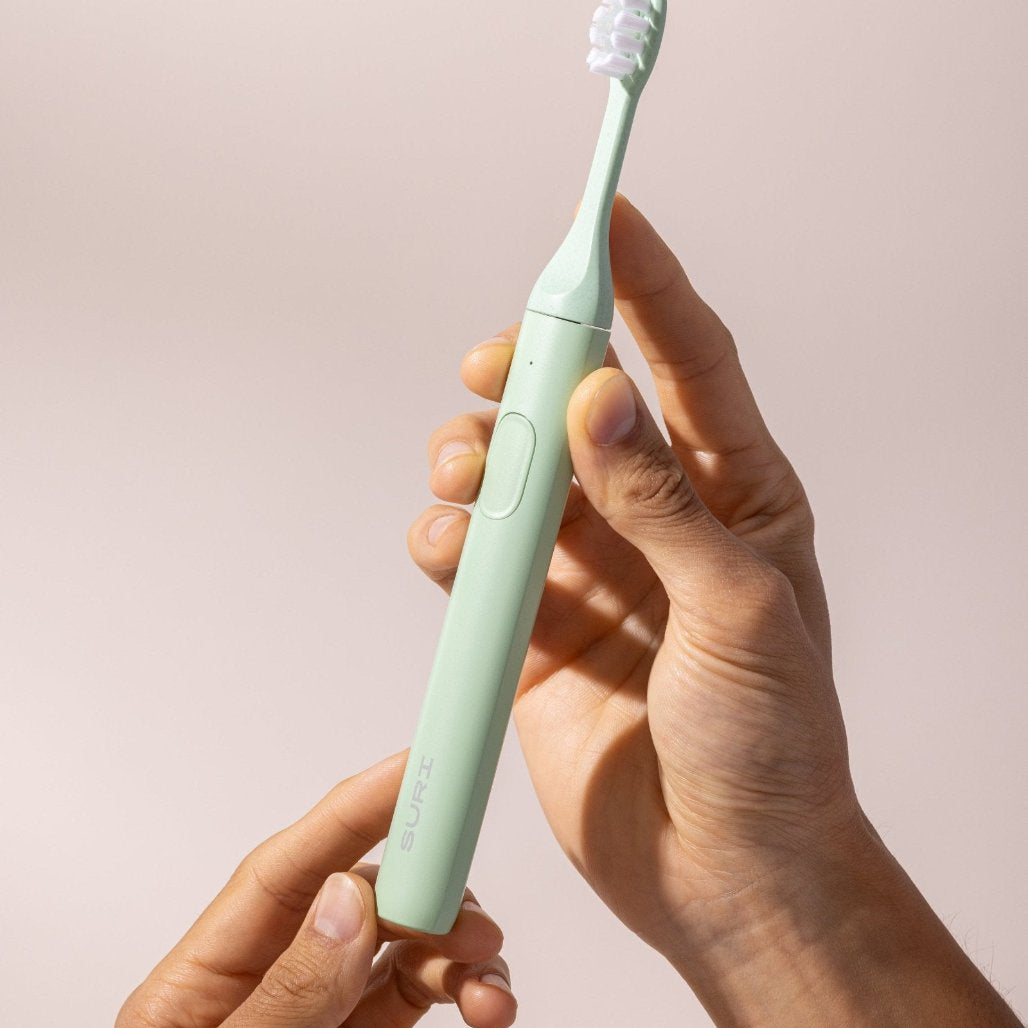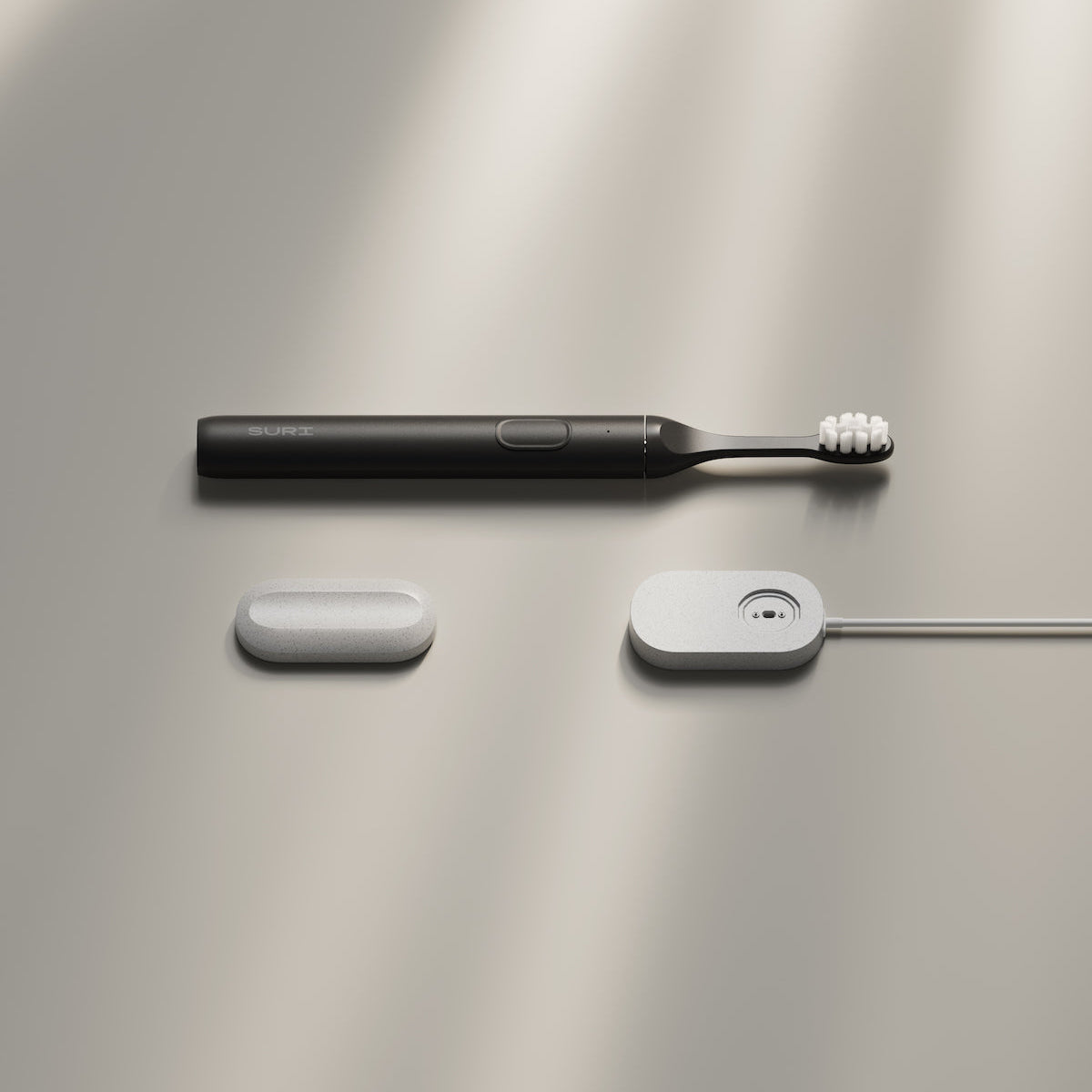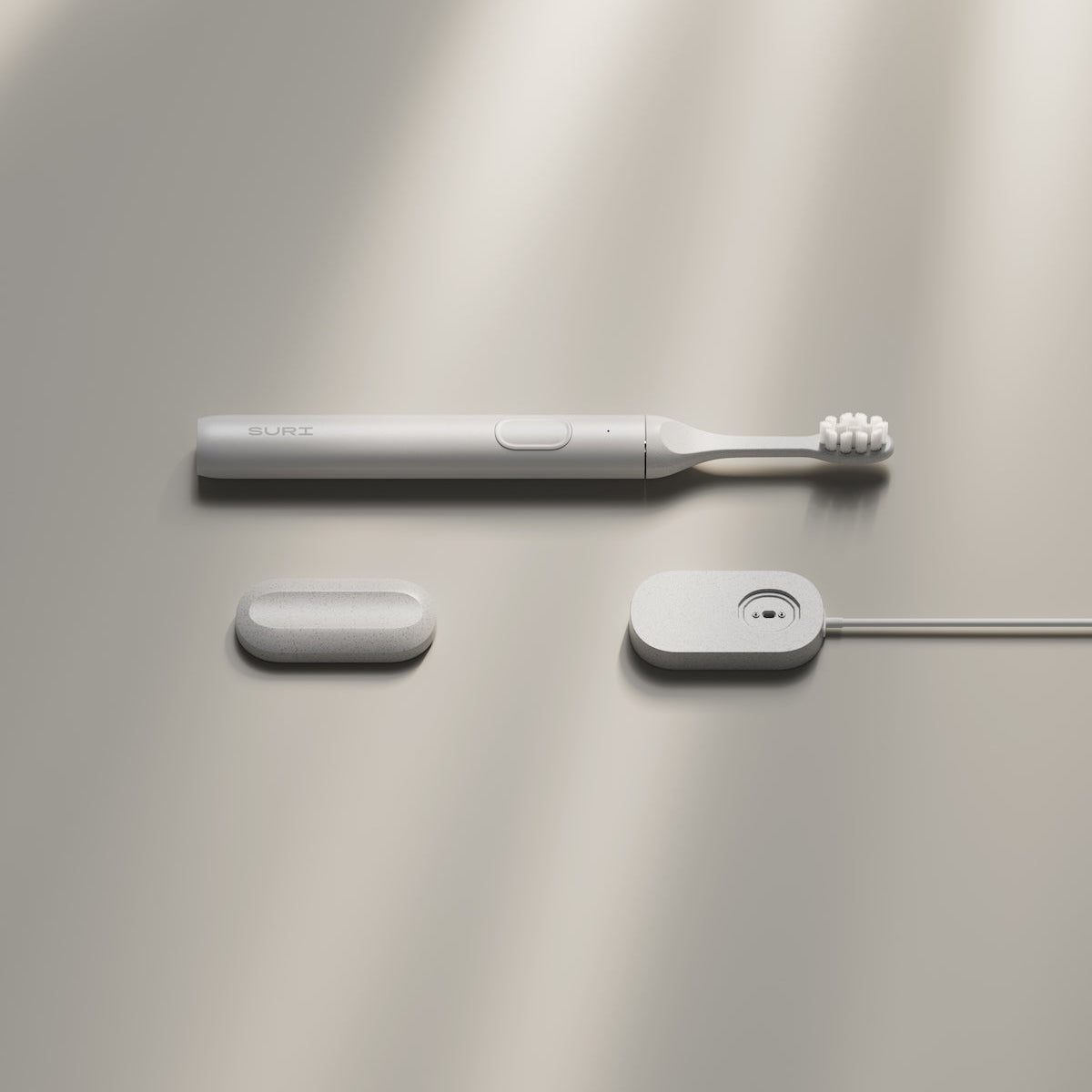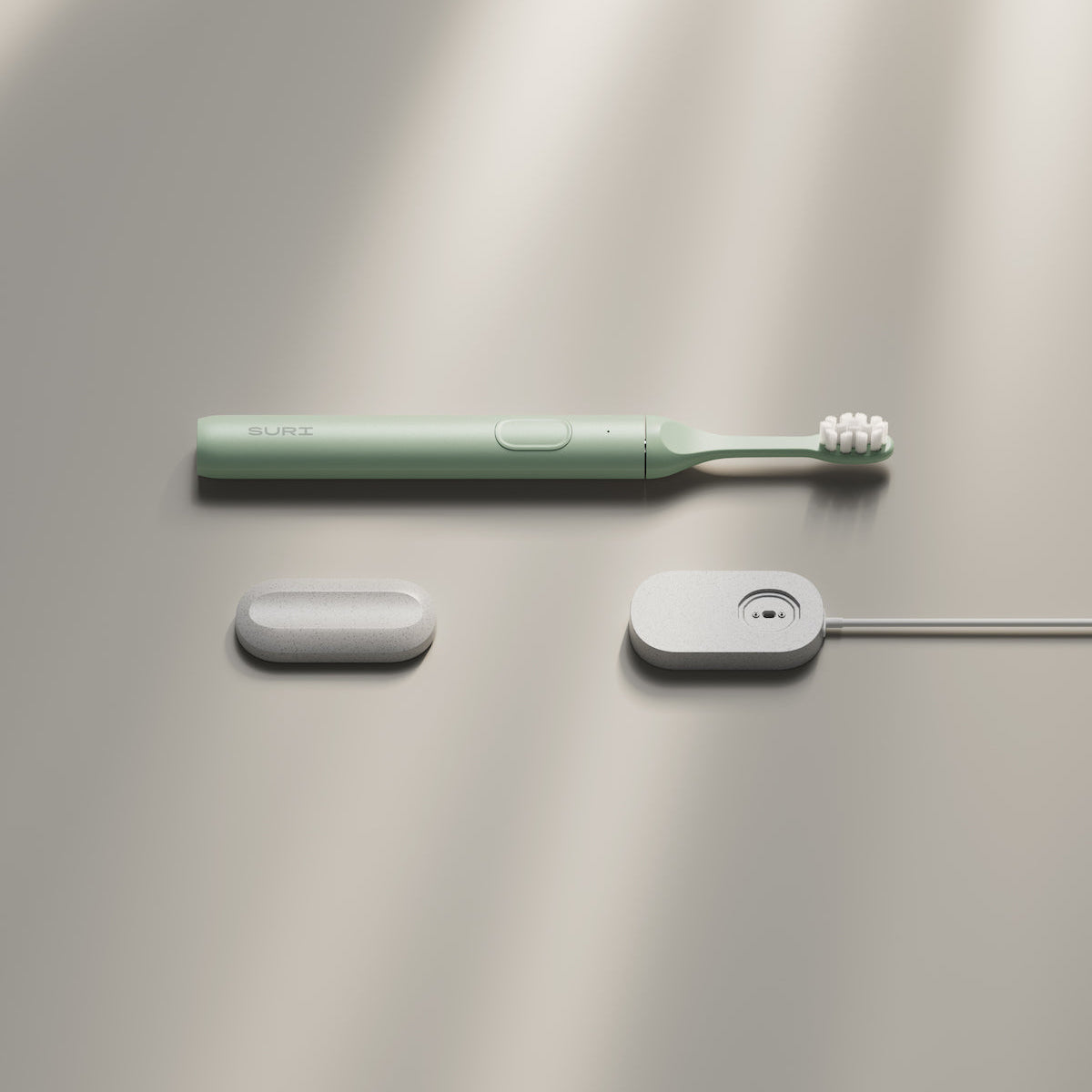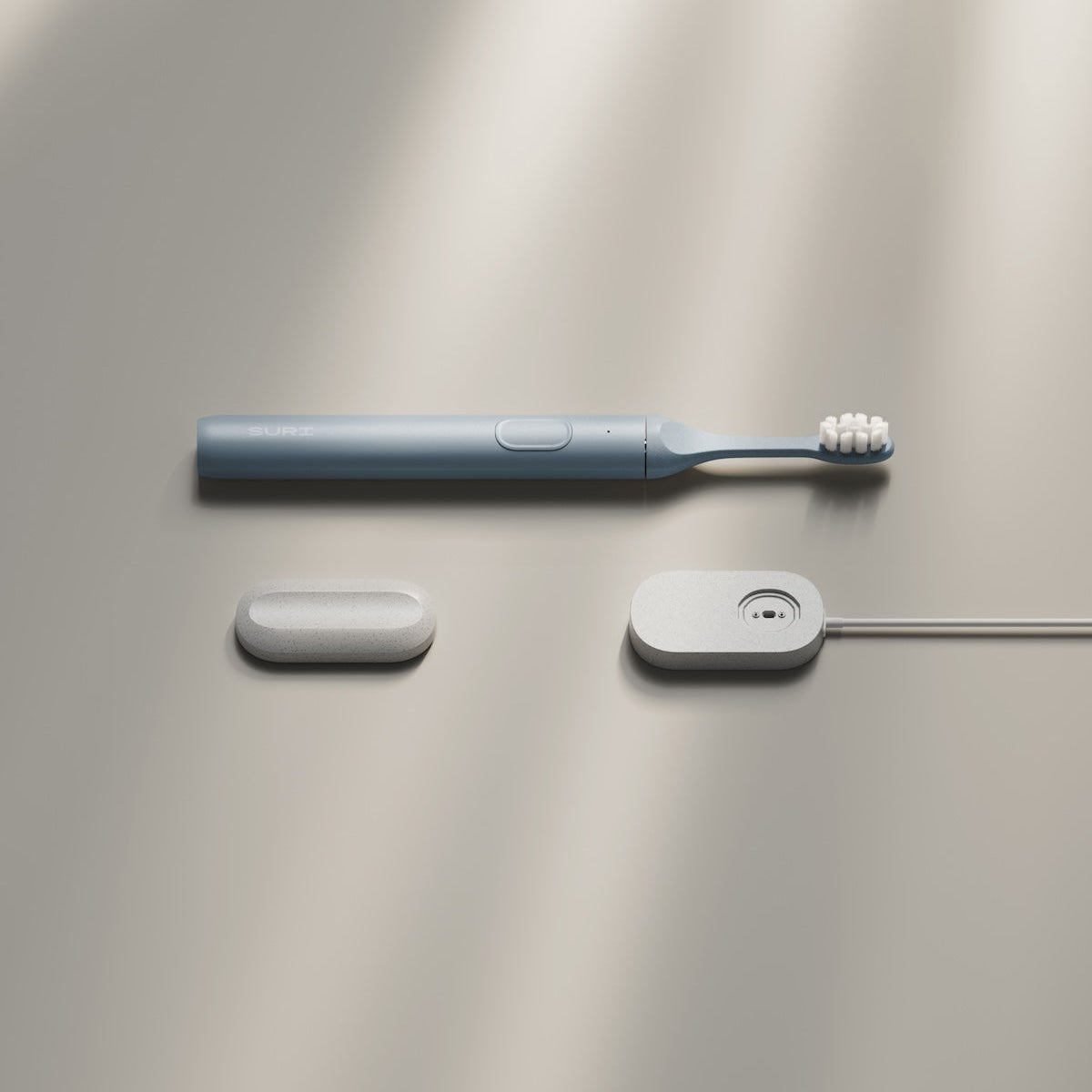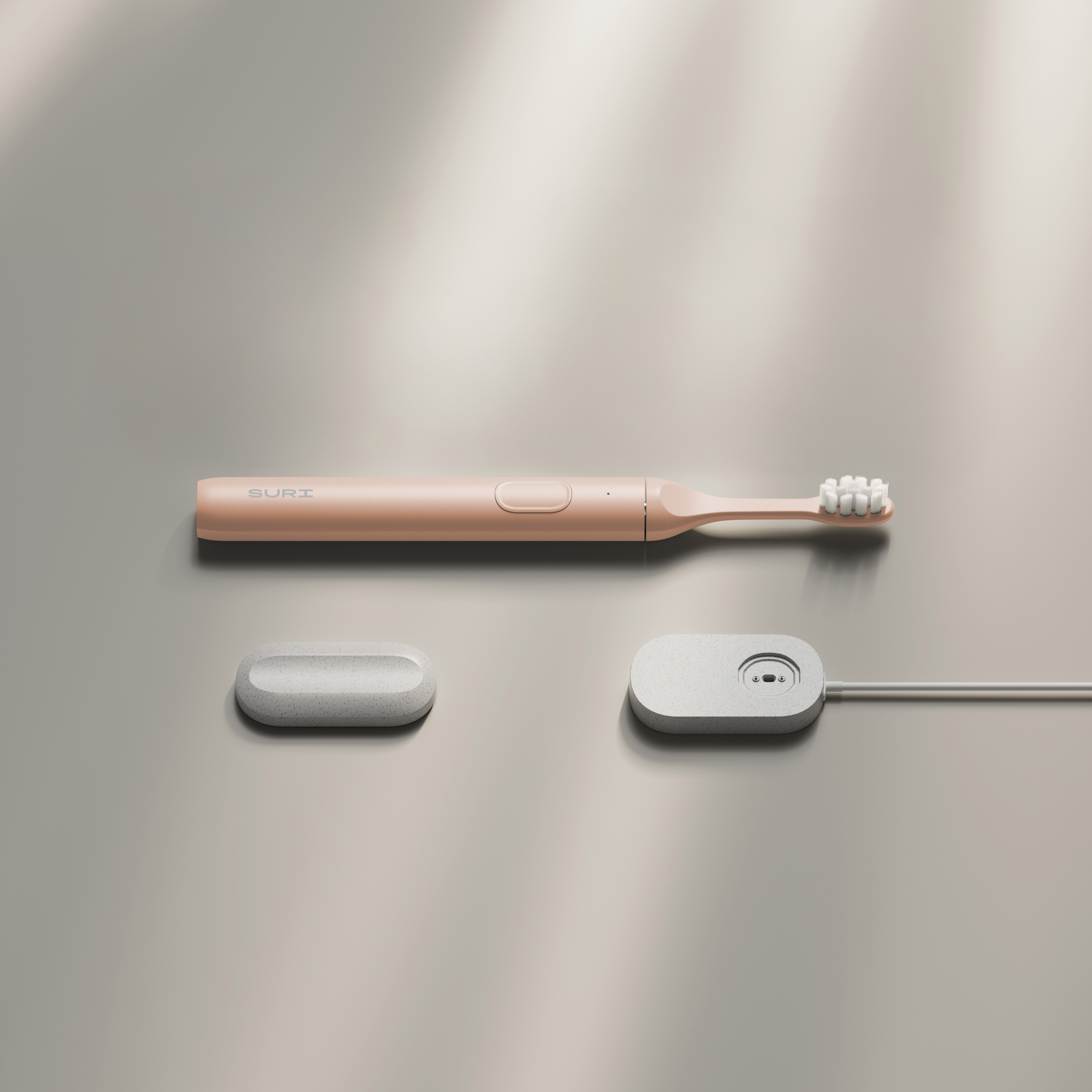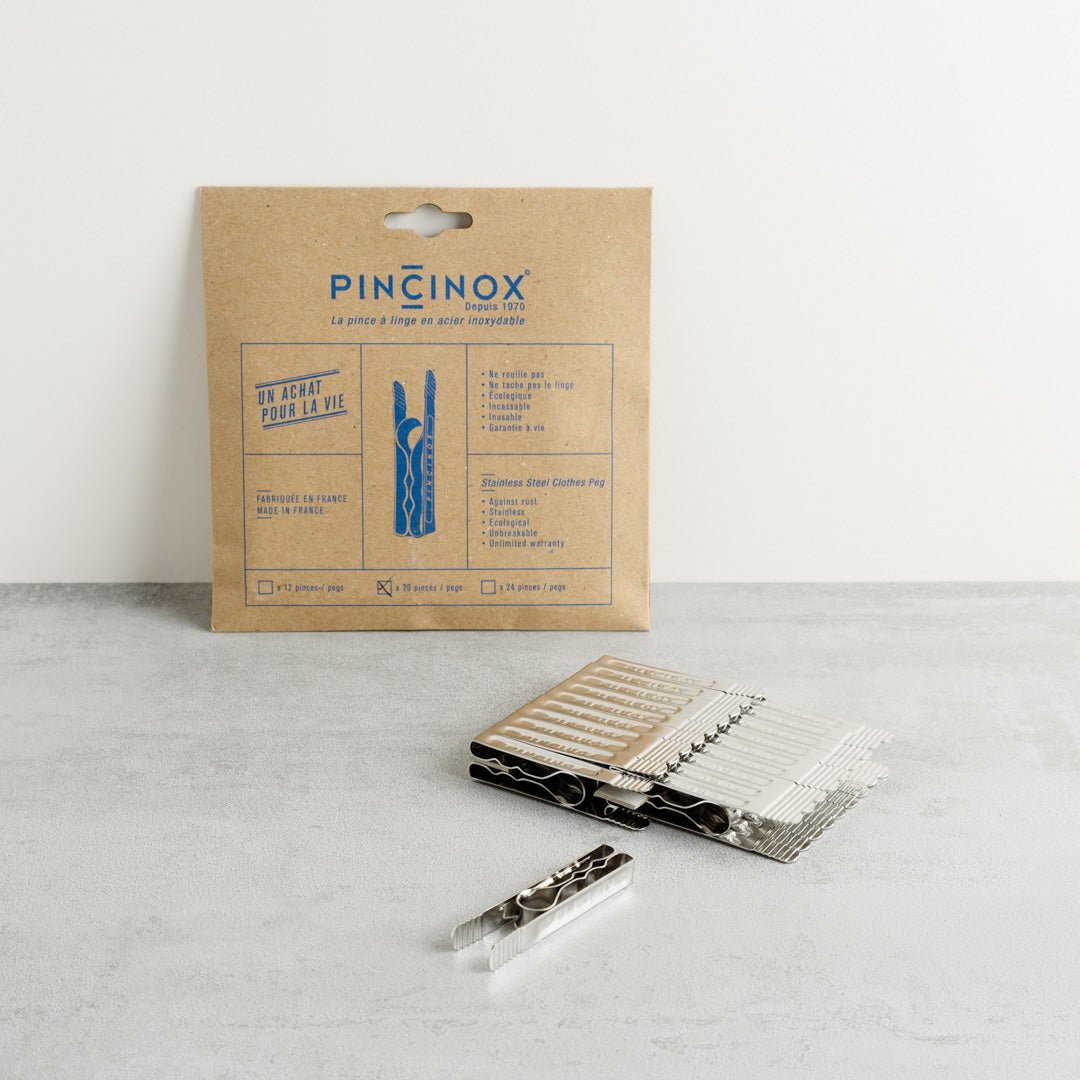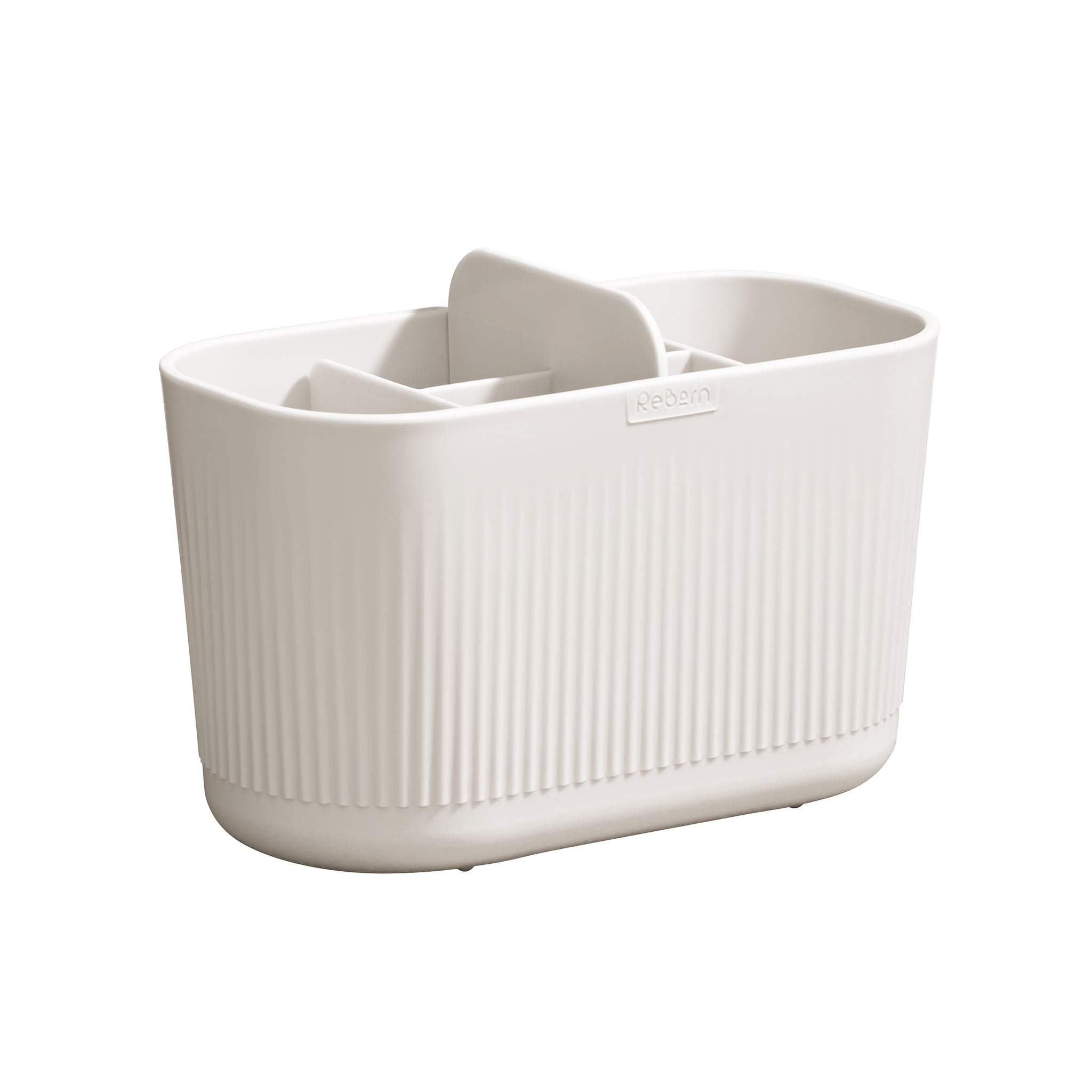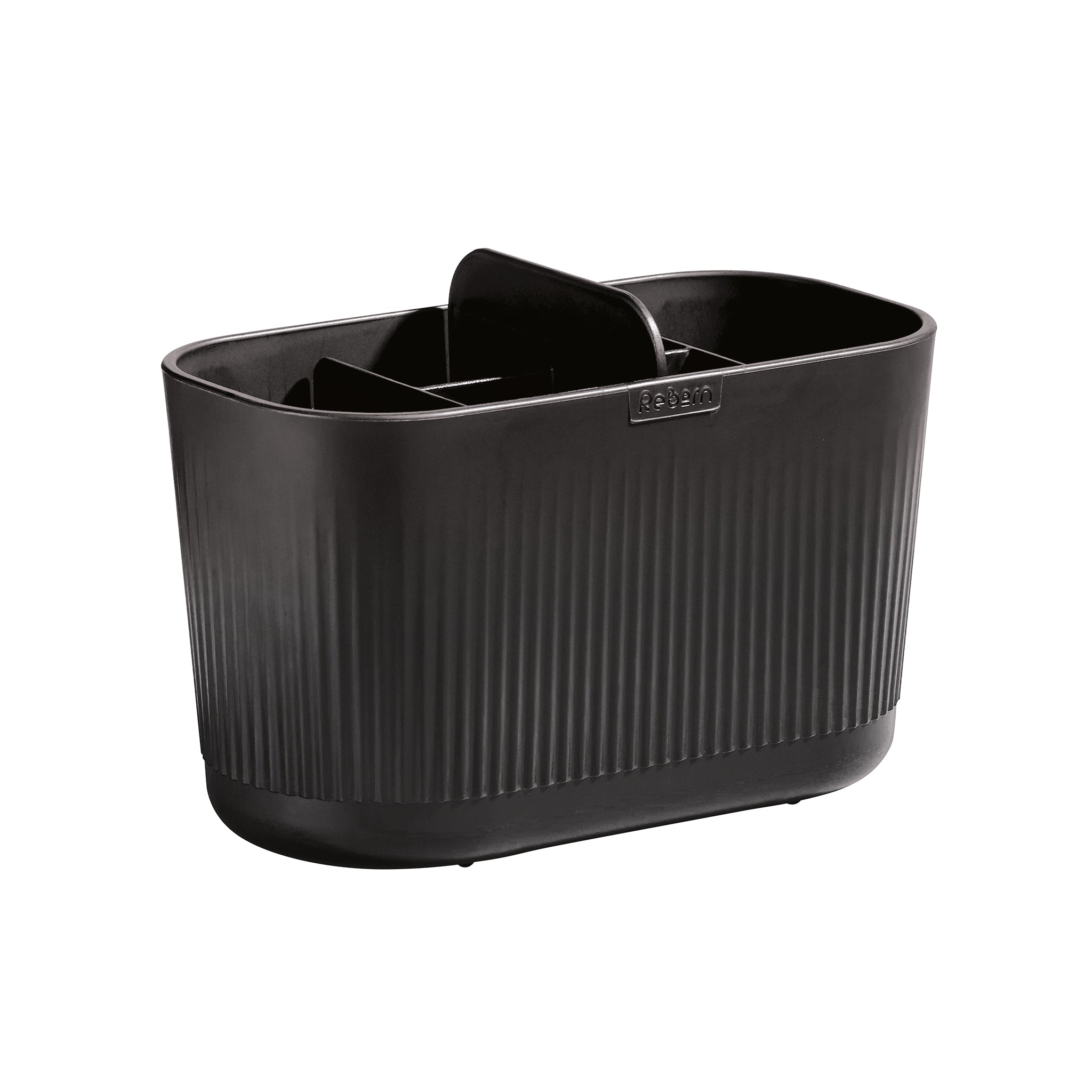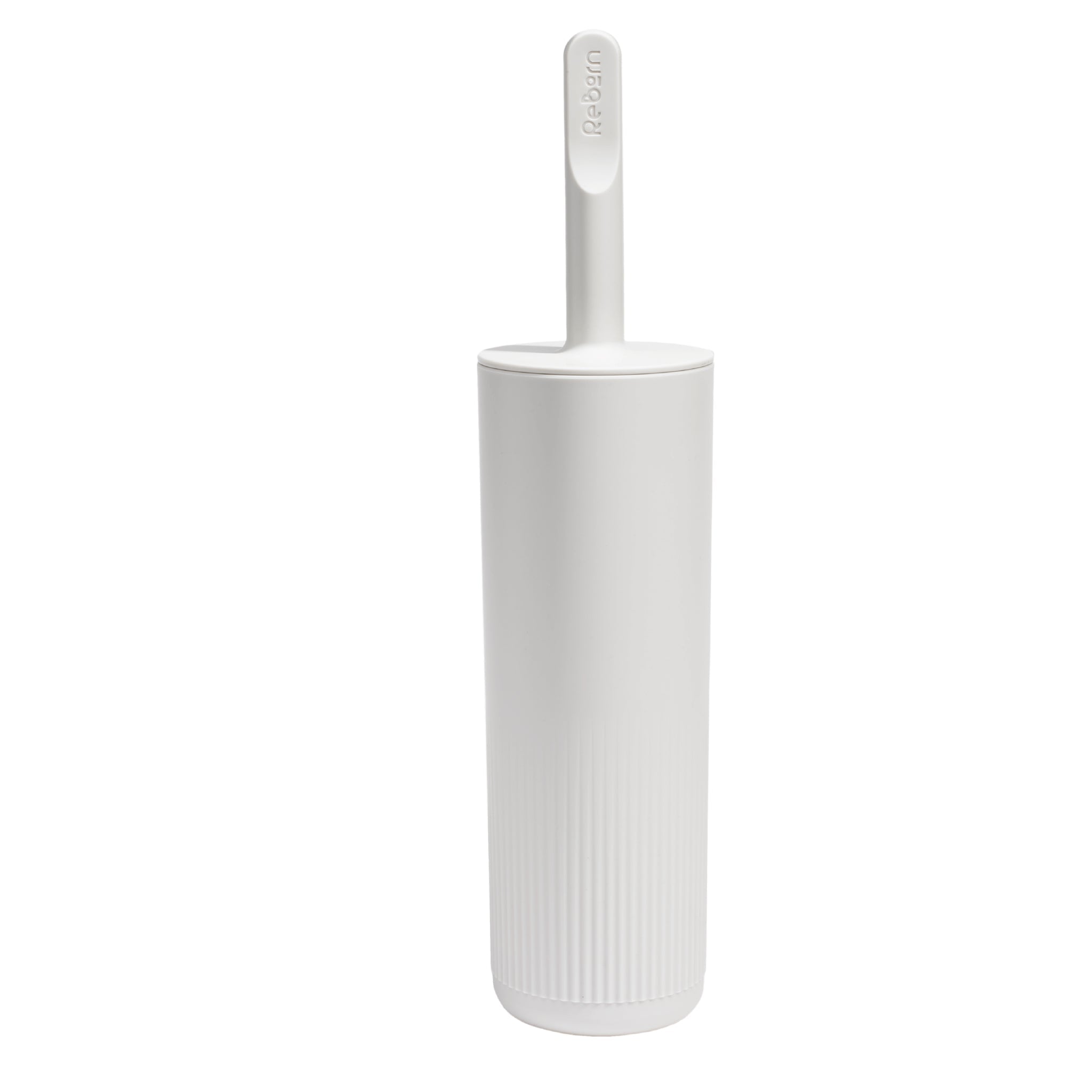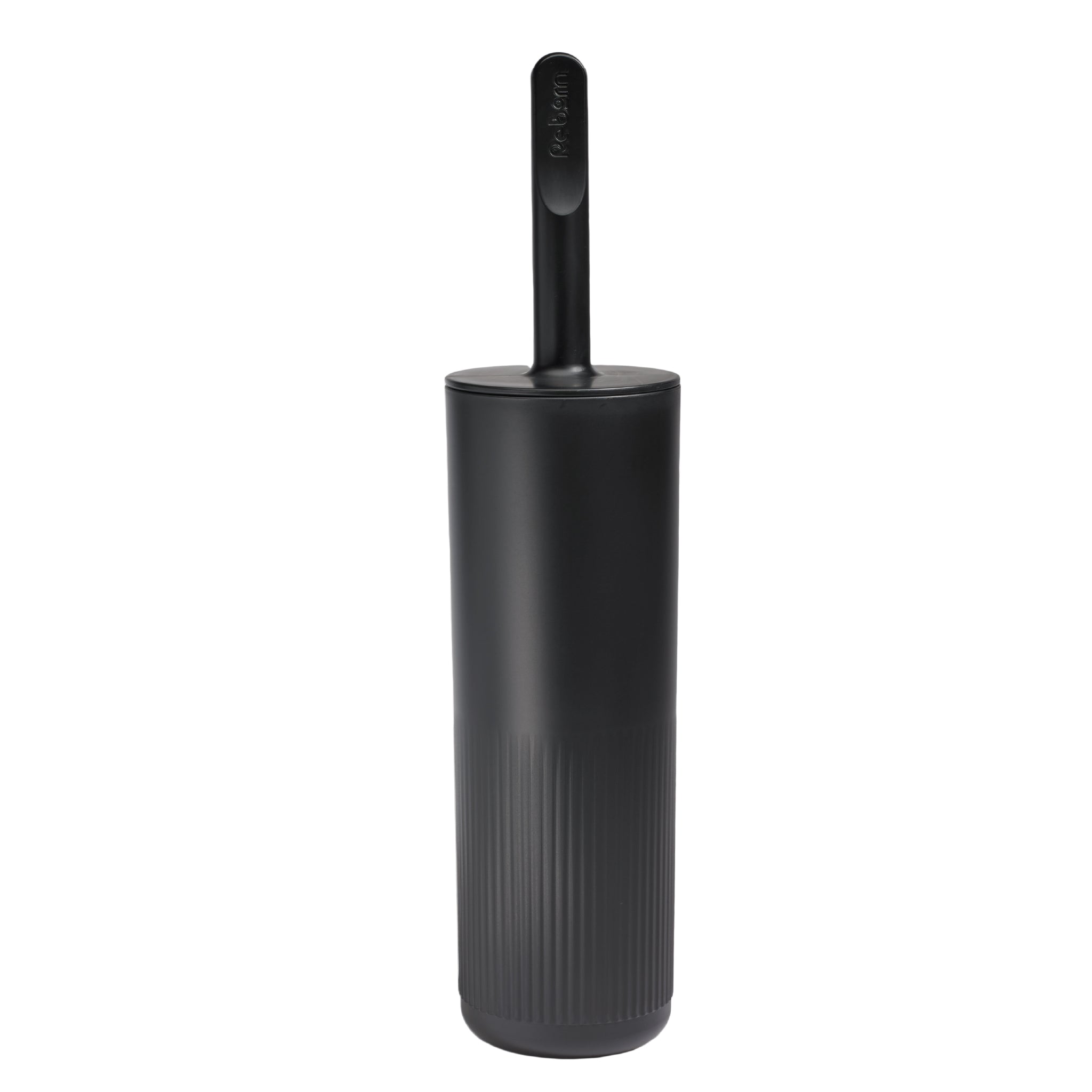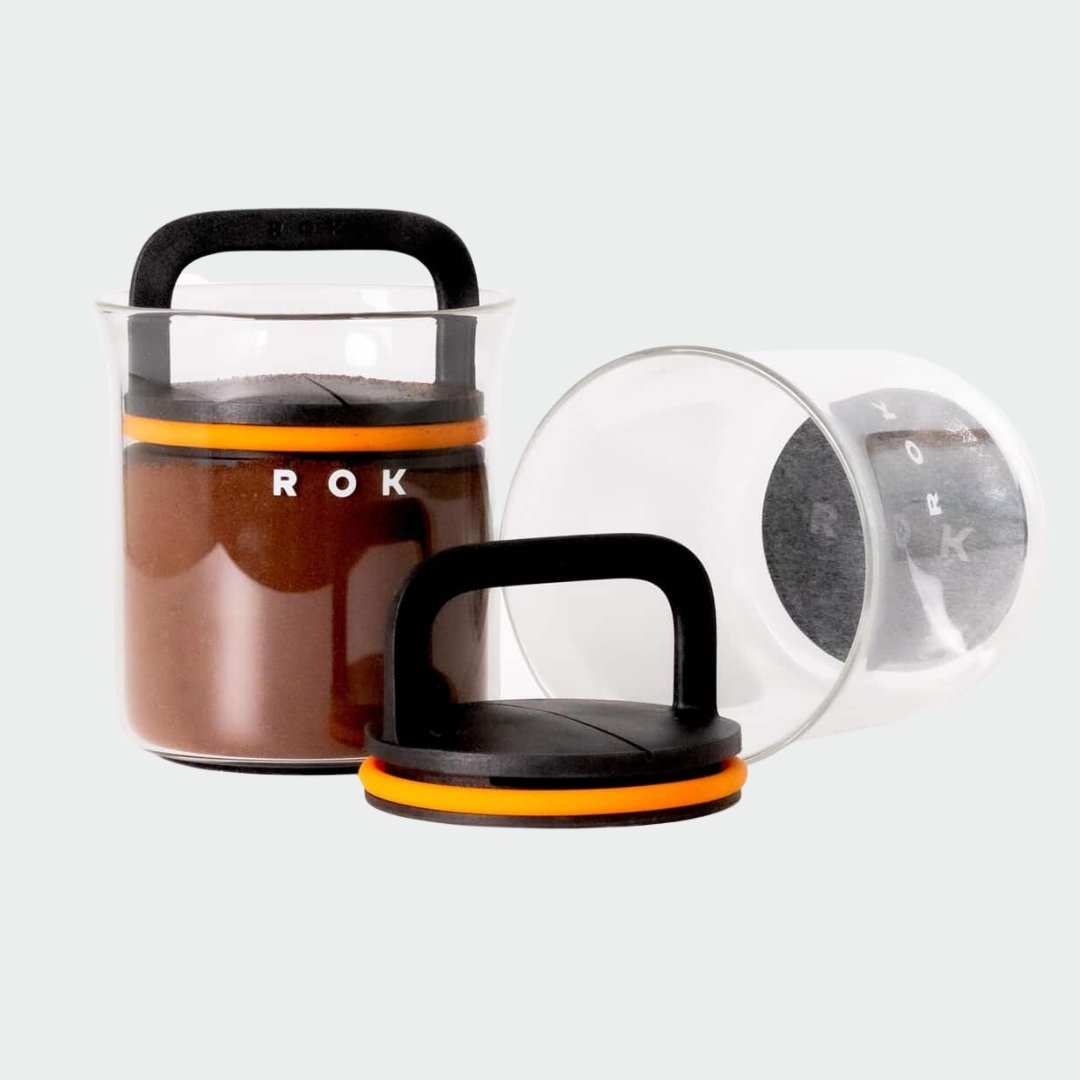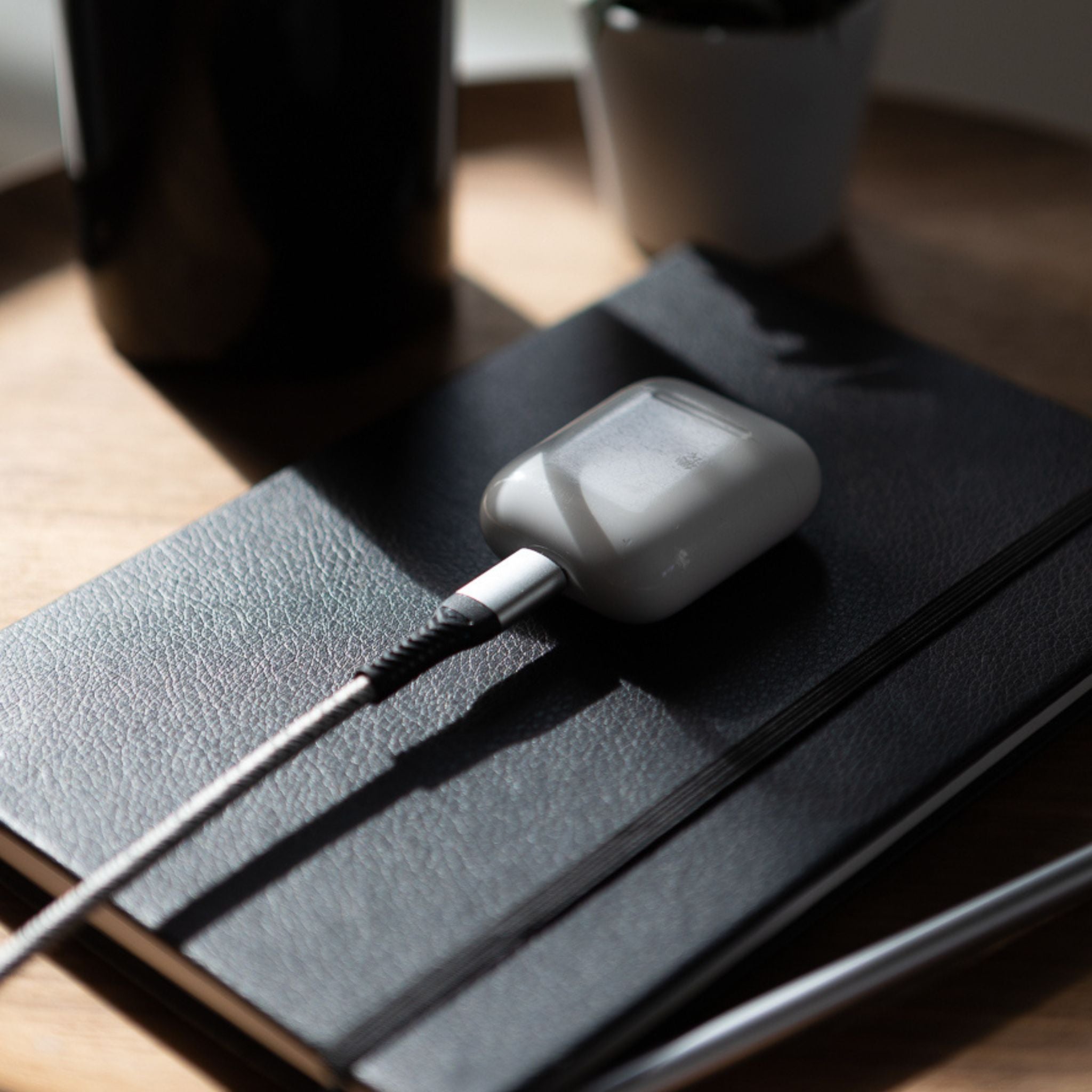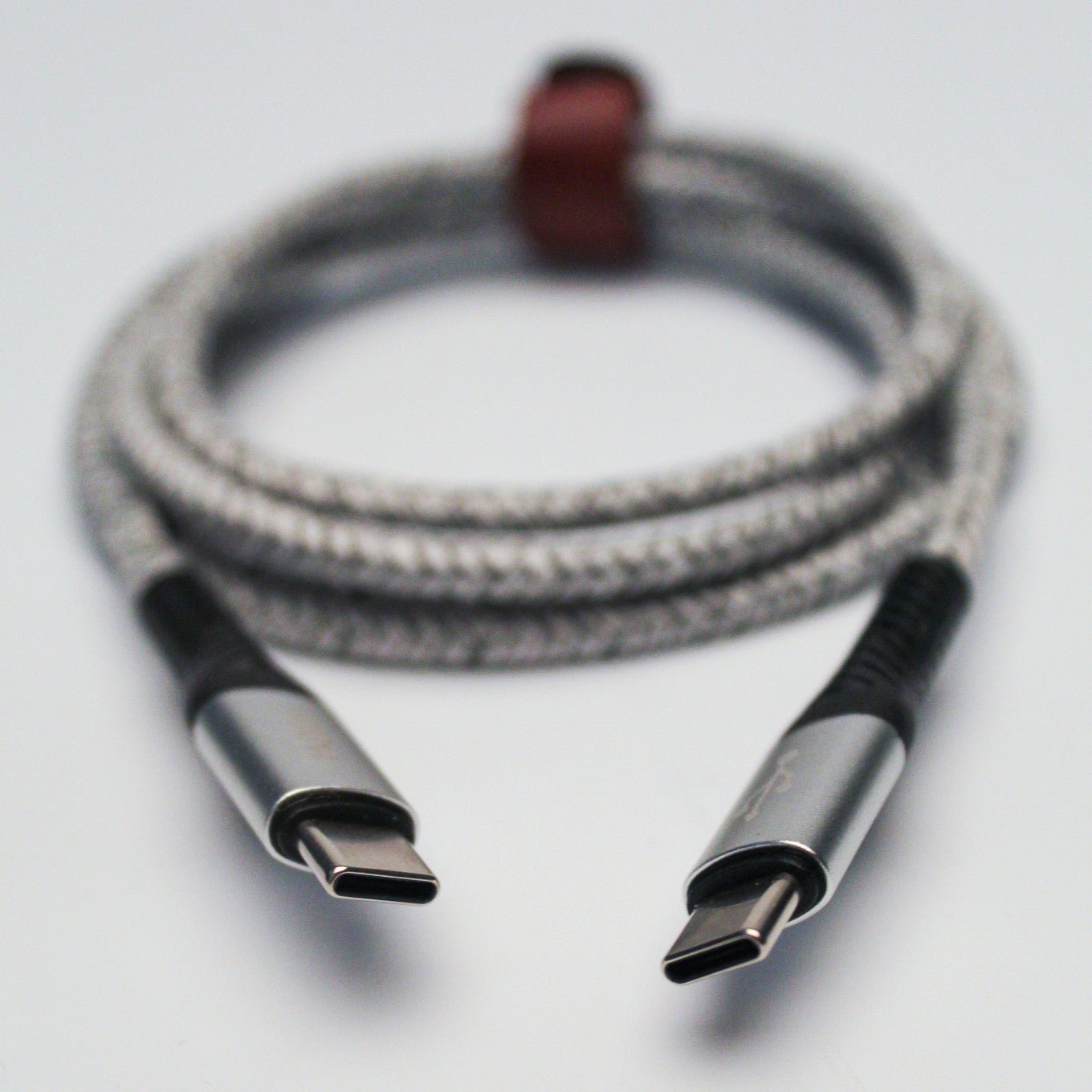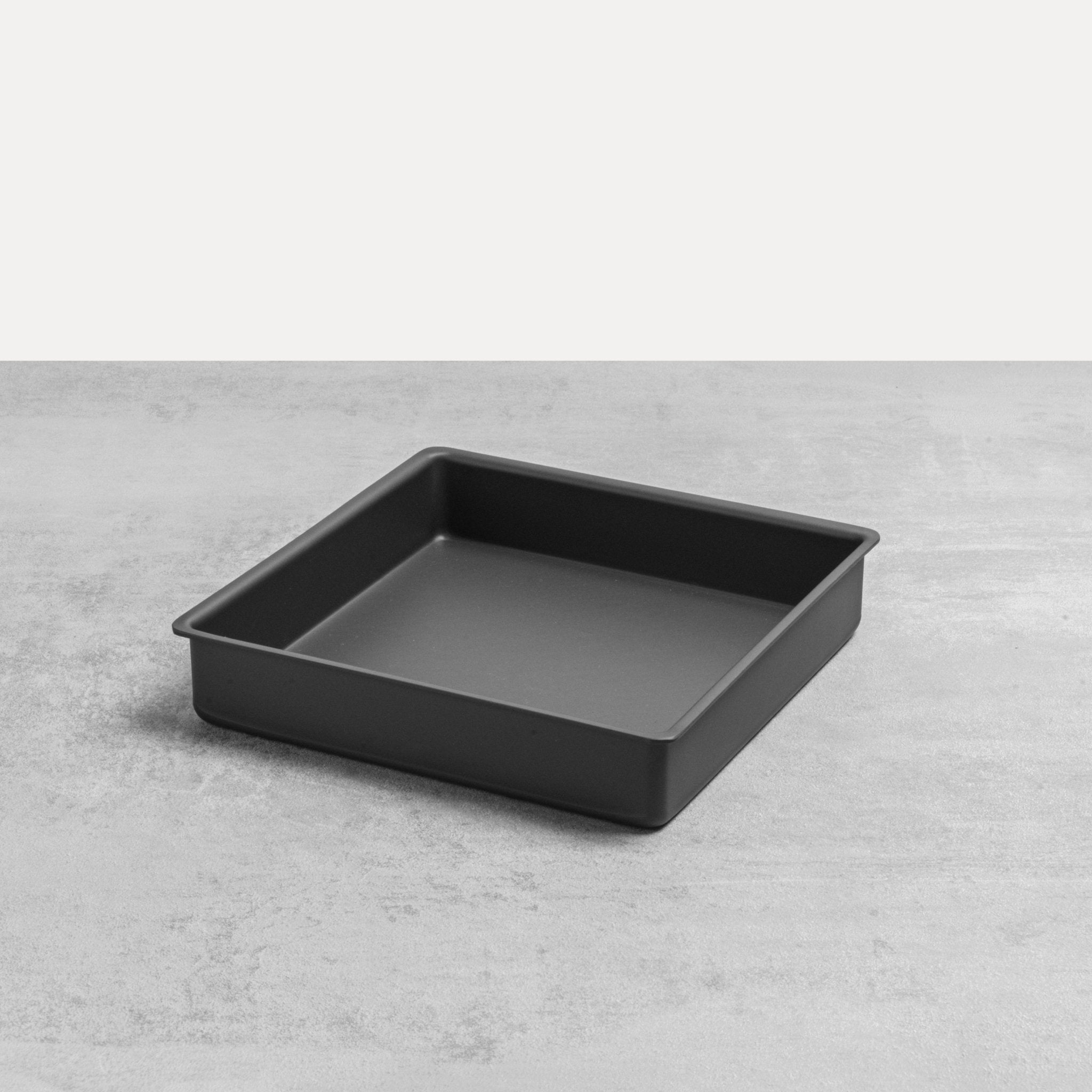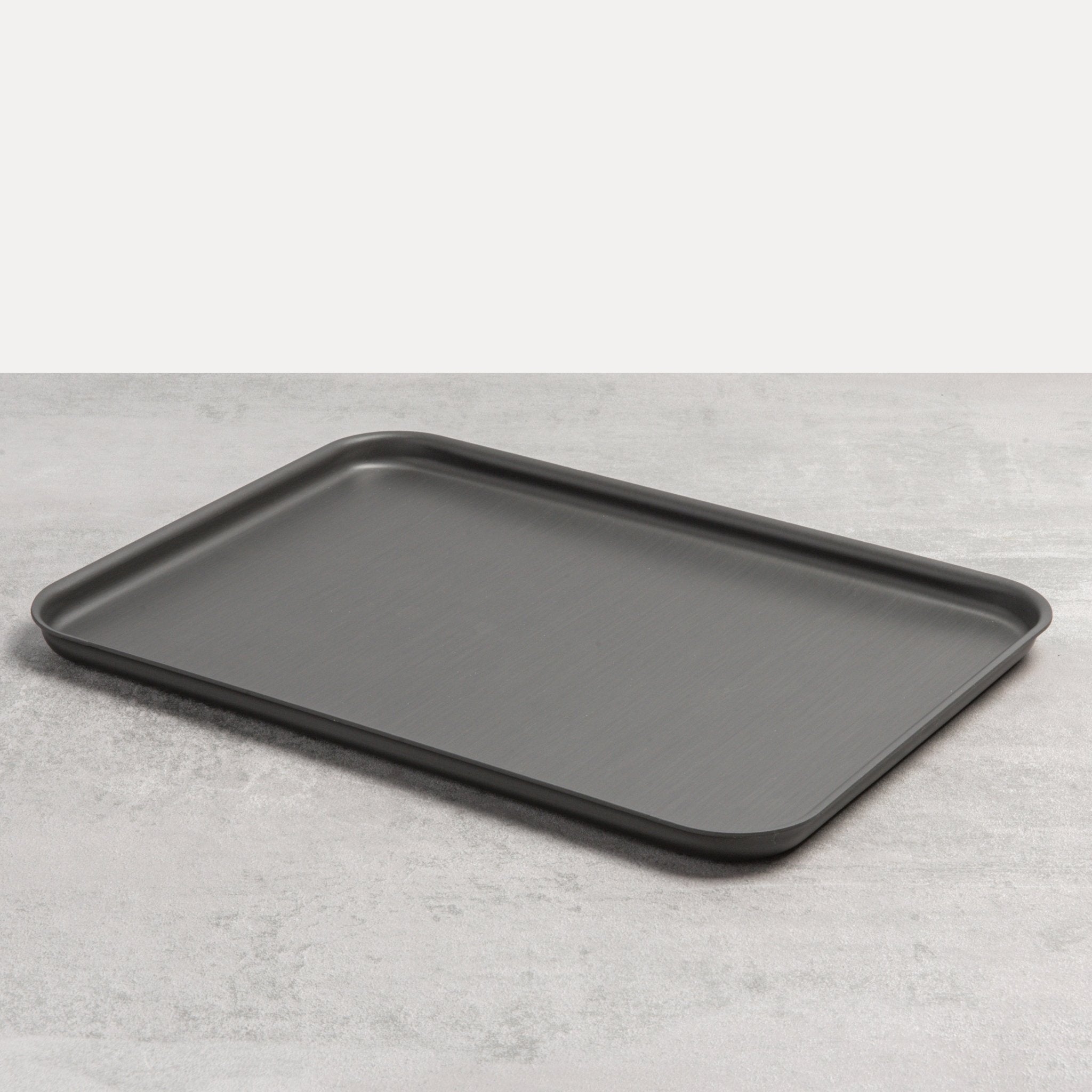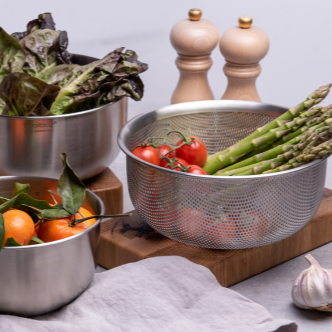When it comes to appliance longevity, Miele claims to set the bar. Their motto is “Immer Besser”, “Forever Better” in English. Their method is quality over quantity, legacy over short-term profit. Their philosophy isn’t just unique among the giants of appliance manufacturing, it's quite unique among large companies in general. Miele refuse to compete on anyone else's terms: they simply want to engineer the best product.
Miele’s “Immer besser” philosophy goes all the way back to its founders, Carl Miele and Reinhard Zinkann. It was the end of the 19th Century, and they were trying to make the best-possible butter churner. 100 years have passed and naturally, times have changed; now, Miele is managed by Markus Miele and Dr Reinhard Zinkann. It’s this family ownership that has allowed Miele to take a longer-term view. They plough an incredible 12% of revenue into research and development. “Good enough” will never be good enough for Miele.

The prices for their equipment are high, and it’s not hard to see why. Nearly all of their manufacturing is in Germany, and every component is produced directly by Miele in one of its 12 factories. In one year their Euskirchen factory produces six million motors. Two million vacuum cleaners and dishwashers are built annually in Bielefeld. Each year, at least 850,000 washing machines leave the original Miele factory in Gütersloh. Every design that emerges from these three factories is stress-tested to the equivalent of a 20-year lifespan. For our initial foray into home appliances, we’ll only put our name behind the best of the best.
Miele built their first washing machine an almost unfathomably long time ago, in 1903. The design was based on their successful butter churns: a wooden barrel, mechanically agitated. It did work - but thank goodness they didn’t kick their feet up.

Year after year of market-leading research has put them in the position that they remain today: ahead of the field. In 2018, every machine that they produce is certified A+++, the highest mark for energy and water efficiency. Even their lower end models will automatically adjust the water and energy needed for each wash, dependent on the weight of the material. Each stainless steel washing drum is impressed with concave ovals, designed to reduce the amount of ironing needed. Noise is reduced to a murmur for the majority of the wash, and when the final spin cycle arrives you won’t feel like your laundry room is taking off.
Though silent spinning and top-notch cleaning are brilliant, the durability is what does it for us. For a long lifetime, Miele machines are cream of the crop. The machine we're linking to comes with an industry-leading 5-year warranty, but you’ll be unlucky if your machine conks out within 30 years. This is a once in a generation purchase.

Miele's canister vacuum cleaners are one of a kind. At first glance, the machine looks a little old-fashioned. In fact, the outer design still bears some resemblance to the century-old original. Take a look inside, though, and it's all change: Miele's C-class range of bagged, canister vacuums are best in class for performance. They're the top choice for vacuum repair technicians, known for reliability and fixability.
Pound for pound, a canister, bagged vacuum packs more of a punch than the sleek, bagless upright machines that you'll see on most department store shelves. However, Miele knows that a bagless machine will require a good deal more upkeep, and is more likely to get clogged with filth. Miele does now make a couple of bagless machines, and chances are that they're great. But the classic version is the tried and tested hero.

In a world driven by profit margins, Miele is a proud exception dedicated to doing things better. Such a long and reliable history helps us believe that Miele is set in its ways. For generations they've been making better and better things. For generations to come, they'll keep making things better.


